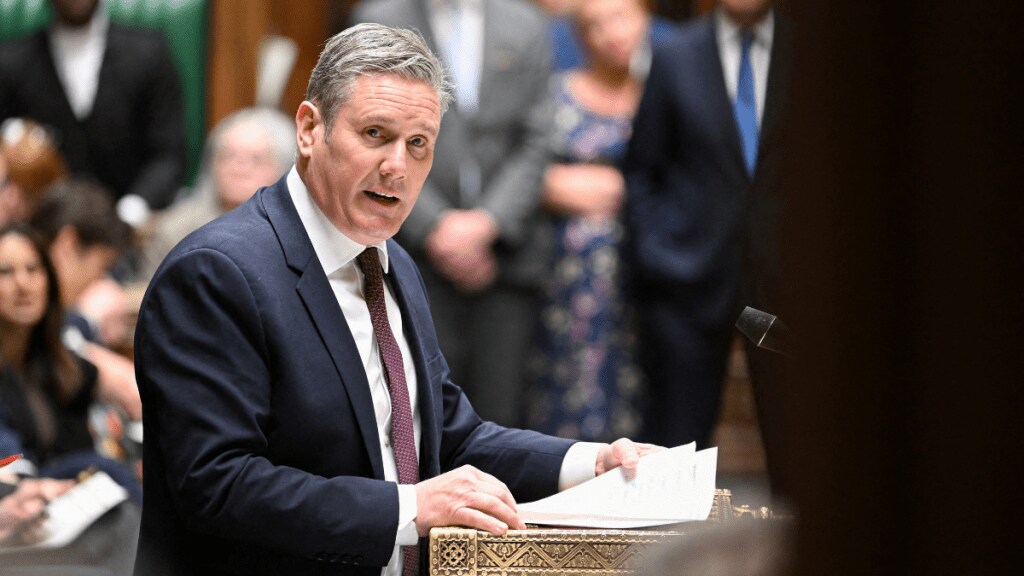Keir Starmer’s Labour Party has won the 2024 UK elections, defeating Rishi Sunak’s Conservative Party. Sunak has already conceded defeat, making way for the next PM in line. Starmer is expected to assume the role of Britain’s new PM on Friday. With this new leadership, India’s bilateral relations with the UK are now under spotlight. Let’s find out how this big political shift is going to impact the future of bilateral relations between India and the UK.
Impact on India-UK bilateral relation
For more than two years, New Delhi and London have been in discussions over a proposed free trade agreement (FTA) aimed at enhancing trade relations between India and the UK. The negotiations have been complex, involving multiple rounds of talks as both nations seek to find common ground on various issues, including tariffs, market access, and regulatory standards. This FTA holds significant potential for both countries, promising to increase trade flows, create jobs, and stimulate economic growth.
However, the recent political developments in the UK could alter the course of these negotiations. With the Labour Party poised for a sweeping victory in the upcoming elections, the dynamics of the FTA talks might shift dramatically. The current Conservative government, led by Prime Minister Rishi Sunak, has been a key player in pushing forward the FTA agenda. A change in leadership could bring new priorities and perspectives to the table, potentially affecting the pace and direction of the negotiations.
New Delhi has been keen to secure greater access to the UK market for its goods and services, especially in sectors like IT, pharmaceuticals, and textiles. India also seeks to attract more British investments and foster closer economic ties. Any changes in the UK’s political landscape could lead to uncertainties, prompting India to reassess its strategy and approach to the FTA talks.
While the proposed FTA between New Delhi and London has the potential to significantly boost trade and economic cooperation, the outcome of the UK’s upcoming elections could bring about changes in the negotiation dynamics. A Labour victory might introduce new challenges and delays, but it could also open up opportunities for addressing broader issues and ensuring that the agreement is comprehensive and balanced. Both nations will need to navigate these changes carefully to achieve a mutually beneficial outcome.


